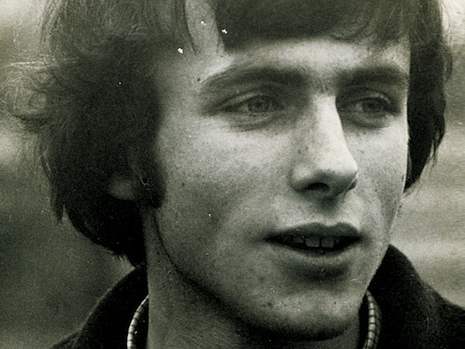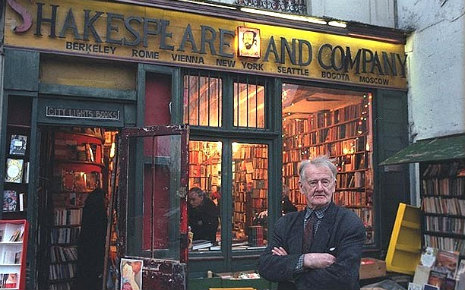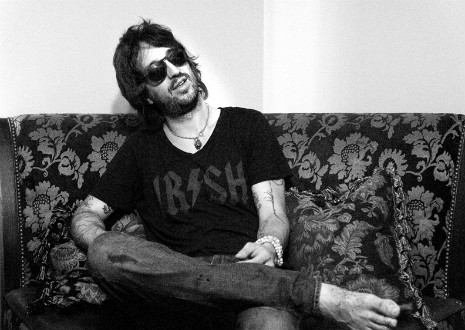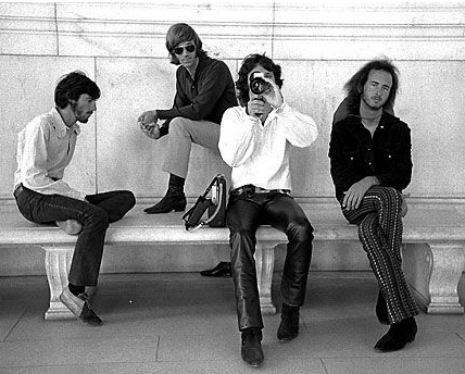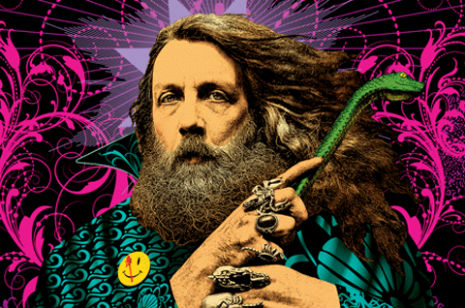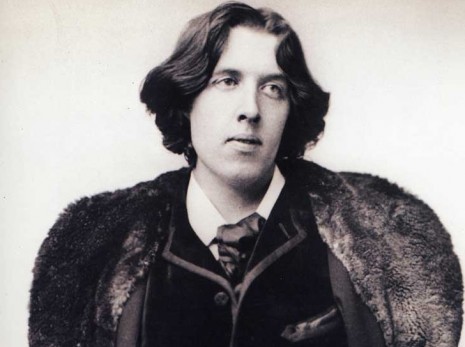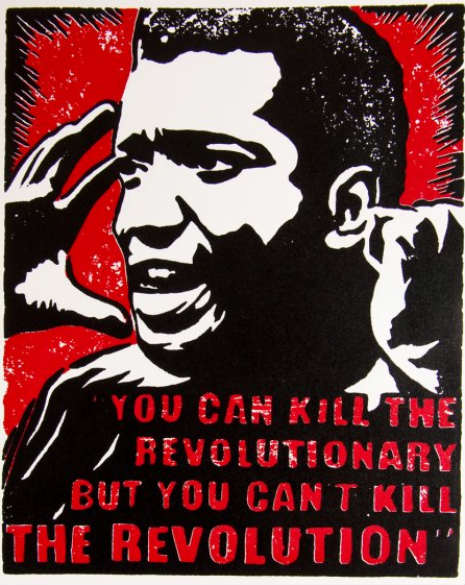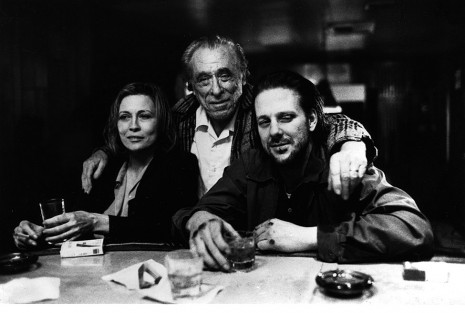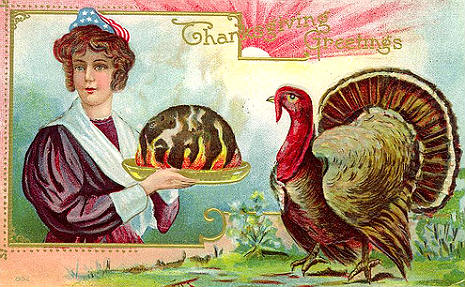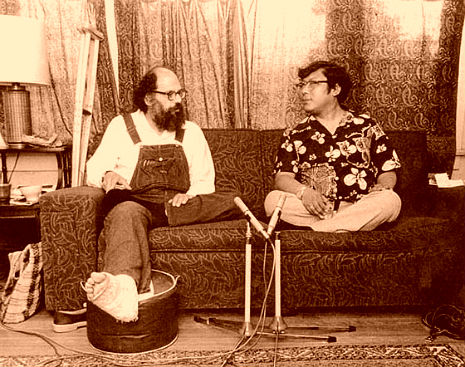
Ginsberg and Trungpa.
When I arrived in Boulder, Colorado in 1971 it was a small town with a big campus filled with privileged white kids. It was also home to thousands of hippies. I’d left Berkeley for Boulder drawn not by the institute of higher learning but by a desire just to get higher…literally. Convinced that a massive earthquake was imminent, I fled the Bay Area and headed for the higher ground of the Rocky Mountains. I had also been told by people I trusted that Boulder was my kind of town: Berkeley without the angst. Tibet of the West. And as a child I had lived in Boulder while my father attended the University (on the G.I. Bill) and I had distant memories of something magic about the place.
Boulder in the 70s was an easy mix of stoned and moneyed youth and rough-edged mountain Bohemia. On the fringes of the University, was a thriving arts and intellectual scene. Professors, hipsters, local poets, divinely intoxicated recalcitrant drunks and various combinations of all of the above would hang out at a downtown watering hole called Tom’s Tavern. Tom’s sold cheap beer, had a pool table and a jukebox stuffed with vintage rock, old standards and hillbilly music. It was the center of off-campus intellectual life in Boulder. Within the smoke stained and booze infused walls of Tom’s I found my University, a joint where Jean Paul Sartre could drink Hank Williams under the existential table while Arthur Rimbaud shimmied to “Mickey’s Monkey.”
I had always considered alcohol the drug of choice for straight people. It was my parent’s drug. Alcohol was for squares. But at Tom’s you drank. And that’s what I did. I started drinking. I also started getting serious about being a poet.
In 1971, Tibetan Buddhist master Chogyam Trungpa landed in Boulder and the mix of academia, back to naturists, spiritual seekers, old beatniks and young hippies was given an energizing and discombobulating dose of high-octane Crazy Wisdom.
Trungpa had developed a style of teaching meditation and Buddhist philosophy that was user-friendly for Westerners. Raised in the classic Tibetan monastic tradition as a child and later as a student at Oxford, Trungpa had the experience of ancient wisdom coupled with a modern education that allowed him to fluidly adapt to contemporary expectations and to challenge them. Unlike the kind of gurus most of us were accustomed to, Trungpa wore tailored suits, smoked menthol cigarettes, was a heavy drinker and known to have experimented with psychoactive drugs. He upended every holy man stereotype in the book. In his own sly way, Trungpa was shedding light on how superficial our ideas about “spirituality” are. As Catholics and Christians, many of us were substituting Bibles, crosses, crucifixes and rosaries for prayer beads and the Tibetan Book Of The Dead. Trungpa let it be known from the get-go that spirituality was more than just changing your costume.
Trungpa’s fresh approach to Buddhist instruction and initiation included methods that were controversial and his drinking and womanizing created a lot of scandal among the more conservative and traditional Buddhists, both in America and back home in Tibet. Sometimes his methods were as radical as the old Zen master who broke his student’s finger in order to bring the student into the moment. I experienced Trungpa’s teachings first hand and the results were mind-altering and soul-shaking.
I was celebrating Trungpa’s birthday (his 35th?) with a bunch of his students and friends at a home in the foothills above Boulder. Everybody was roaring drunk, including Trungpa. At one point, he grabbed the kitchen sink water hose and starting spraying everyone until we were all soaking wet. He then began hurling handfuls of birthday cake in all directions, landing a direct hit on my face. I grabbed some cake and threw it at him. With the speed and ferocity of a lion, Trungpa lunged forward and dragged me down to my knees by my hair, which was very long at the time. He yanked at my hair until tears flowed from eyes. After what seemed like an eternity, he let go of me and laughed. I was mortified.
Later that night I cut off all my hair. It was the first haircut I’d had in seven years. When I was 15 I had been expelled from school for being a longhair. I never went back to school and hadn’t cut my hair since. Looking in the mirror, I was appalled by how I looked. My identity had been so linked to my “freak flag” that I barely recognized the nerdish fellow staring back at me. My beautiful hair was gone and so was an important symbol of my freedom…a symbol that I had relied on for years to declare my independence, my spirituality and general grooviness. I had grown so attached to my hair and what I thought it stood for that I had become lazy in developing other ways of being truly free. At least that’s the conclusion I came to based on what I felt was a lesson from Trungpa.
I was certain that Trungpa’s hair-pulling rage was a mystical transmission of a profound teaching, a bit of the old Crazy Wisdom. I was absolutely convinced that Trungpa’s actions were much more than just a drunken reaction to my tossing cake at him. I was the recipient of something ancient and precious. This is the kind of thing that happens in a guru/student relationship. The student reads and projects a lot into whatever the guru does, whether there’s anything there or not. But it doesn’t matter whether or not the teacher is teaching. All that mattered to me is that I was compelled to question my identity, my ego, my reliance on exterior symbols as substitutes for real wisdom and real freedom. I was also reminded of one of the main reasons I had grown my hair long in the first place: I have big ears.
I felt so naked and uncool with short hair that I went into a self-imposed exile until it started growing back. I went so far as to stop seeing my girlfriend Mimi. So in addition to being a recluse, I was also a celibate.
The “hair teaching” was yielding all kinds of unexpected results. I was hurled into the life monastic. I was Thomas Merton with Alfred E. Neuman’s ears. “What me worry?” Yes, I was worried all the time. Worried that by the time my hair grew back Mimi would find someone else. And she did. She left me for one of the biggest pot dealers in Colorado. This betrayal escalated my self-pity into self-loathing on a grand scale.
At 22 years old, I had entered my dark night of the soul over a fucking haircut. A blow to my ego and vanity exposed just how firmly strapped to the Wheel Of Samsara (illusion) I really was and the whole fucking game was blown wide open by a drunk Tibetan guy covered in birthday cake.
My hair grew back and a few years later I cut it again. This time I wore it as a Mohawk that I dyed silver. The freak flag was still flying but with a whole lot less at stake. Hair comes and goes, but the ego is forever…until it isn’t.
I could write a book on what it was like being around Chogyam Trungpa Rinpoche during those wild days in Boulder. He started a school (Naropa) which drew my literary and counter-culture heroes to our Colorado town. The collective energy surrounding him was madly magnificent. Poets and prophets everywhere: Allen Ginsberg, Robert Creeley, William Burroughs, Gregory Corso, Diane di Prima, Jack Collom, Timothy Leary, Amiri Baraka…the list was long and impressive. They were all coming to Boulder to study with, observe or challenge this young Tibetan sage. They would eventually pull it all together in a branch of Naropa called “The Jack Kerouac School Of Disembodied Poetics.”
As the scene continued to gather momentum, I ended up managing a beautiful old hotel in Boulder where Ginsberg, Burroughs, Corso and other poets and artists took up residence for a while. I sat at Ginsberg’s feet and read him my poems. He was patient. But I was a pretty boy and he enjoyed my company. I drank with Corso and listened to his high-pitched rants. Burroughs was the mystery man up on the top floor guarded by his mellow and diligent assistant James Grauerholz. I organized impromptu poetry readings in the lobby of the hotel and people would be hanging from the rafters as some of America’s greatest bards proclaimed, sang and shouted at the heavens.
When I write the book, I’ll recall the night my punk band performed at a Boulder nightclub with Allen Ginsberg and his mighty harmonium as our opening act. He sang from Blake’s “Songs Of Innocence And Experience” and I stood offstage and watched him and realized how fucking lucky I was to be so close to someone who literally changed my life when I first heard him read “Kaddish” on a vinyl record that Carla Bombere (my beatnik girlfriend) gave me to listen to when I was 15 years old. And not far from where I was standing was another young guy taking it all in, a teenager named Eric who helped my band carry our equipment. A few short years later he’d change his name to Jello Biafra and begin his own unique bardic journey.
Chogyam Trungpa’s arrival had a seismic affect on this lovely town at the foot of the Rockies. Whatever magic exists in Boulder wasn’t created by Trungpa, but he was certainly a big part of activating it. And the Naropa Institute continues to sustain that magic. The last time I was there a few years ago, I noticed that Thurston Moore from Sonic Youth was walking the grounds and soaking it all in.
There are those who think of Trungpa as some kind of charlatan, an exotically charming scam artist who beguiled a bunch of gullible people into buying into a bastardized form of Buddhism. I hear it all the time. But take it from someone who was there, Chogyam Trungpa Rinpoche was the real deal. In asking us to look past spiritual materialism, he included himself. Look past the teacher into that formless void from which all things of the ego arise. The great teachers offer us a glimpse into nothingness and Trungpa was a great teacher. His willingness to get down in the trenches with his students is often mistaken as a weakness in his own character. Aren’t gurus supposed to be above it all? Trungpa didn’t give a shit about the games gurus play. Trungpa worked from the ground up, taking energy from wherever he got it and using it to set a fire under his students that would eventually burn away some of the bullshit and illuminate the illuminated. Was he a perfect teacher? Probably not. But that’s what made him special. It was his humanity and accessibility that made him such an effective teacher. There’s nothing remote or exotic about Buddhism. It’s really rather plain and ordinary. Kind of like the nose on your face. Or in my case, the ears.
In the raw documentary Fried Shoes Cooked Diamonds , director Costanzo Allione captures some of the communal craziness and excitement that was flowing through Boulder while Trungpa was living and teaching there. It was an exhilarating time and important period in the evolution of America’s Buddha nature.
Watch another fine documentary, “Crazy Wisdom,” on the Naropa scene after the jump…
